| Date | Text | |
|---|---|---|
03 Sep 1728

Matthew Boulton |
birth Matthew Boulton Matthew Boulton, English mechanical engineer (died 1809) |
|
03 Sep 1734
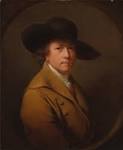
Joseph Wright |
birth Joseph Wright Joseph Wright, English painter of scientific subjects (died 1797) |
|
03 Sep 1803
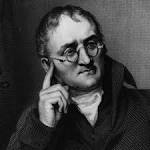
John Dalton |
John Dalton (chemistry) English scientist John Dalton started using symbols to represent the atoms of different chemical elements. |
|
03 Sep 1814
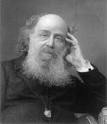
James Joseph Sylvester |
birth James Joseph Sylvester James Joseph Sylvester, English mathematician (died 1897). |
|
03 Sep 1860

Karlsruhe Congress |
Karlsruhe Congress (chemistry) Karlsruhe Congress, the first international meeting of chemists. |
|
03 Sep 1899

Frank Macfarlane Burnet |
birth Frank Macfarlane Burnet Frank Macfarlane Burnet (died 1985), Australian virologist best known for his contributions to immunology, winner of the Nobel Prize in Physiology or Medicine in 1960. |
|
03 Sep 1905

Carl David Anderson |
birth Carl David Anderson Carl David Anderson (died 1991), physicist, Nobel laureate |
|
03 Sep 1928
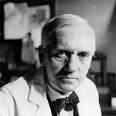
Alexander Fleming |
Alexander Fleming (biology) Alexander Fleming, at St Mary's Hospital, London, accidentally rediscovers the antibiotic Penicillin, forgotten since Ernest Duchesne's original discovery in 1896. |
|
03 Sep 1928
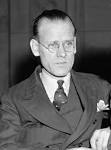
Philo Farnsworth |
Philo Farnsworth (technology) Philo Farnsworth demonstrates to the Press the world's first working all-electronic television system, employing electronic scanning in both the pickup and display devices. |
|
03 Sep 1976
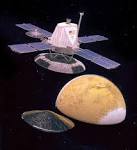
Viking program |
Viking program (astronomy and space ) Viking program: The Viking 2 spacecraft lands at Utopia Planitia on Mars and takes the first close-up color photographs of the planet's surface. |